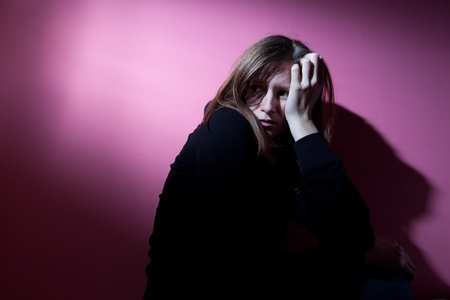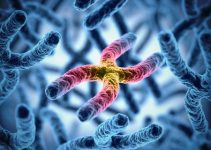What is Bipolar Disorder?
Bipolar disorder is a brain condition which causes abnormal shift in mood and activity levels of a person. These are manifested by alternating highs and lows which are medically defined as mania and hypomania states respectively. The best way to understand what a patient goes through is to recall the feeling you get when you are in a high roller coaster ride. There is thrill and a rise and then a drop with a sinking feeling. This alternation of mental states is what a patient experiences in his routine life. Such a condition is not a part of his normal behavior.
Risk Factors of Bipolar Disorder

Detailed studies show that there is no single cause behind such disorders. Many factors together contribute to the building up of the disease. The following are some identified causes of bipolar disorder:
- Family history – It is seen to run in families. Individuals with a history of someone in the family suffering from a bipolar disorder are more often affected as compared to others.
- Genetics
- Brain functioning and structure
Signs and Symptoms of Bipolar Disorder
People with bipolar disorder exhibit intense behaviors which are seen in their mood, activity levels, sleep patterns etc. The bipolar symptoms are classified depending on their presentation. The person may suffer with episodes of hypomanic or manic depression symptoms and at times a mixture of both as well. These bipolar disorder symptoms include:
Symptoms of Manic Depression episode:
- Feeling “high” or “up”
- Difficulty in sleeping
- Talking very fast
- Feeling as if thoughts are running too fast to catch up
- Thinking they can do anything
- Feeling agitated and overexcited
- Taking impulsive decisions
Symptoms of Hypomanic (depressive) episode:
- Feeling “sad” or “low”
- Lethargy and low energy levels
- Trouble concentrating in work
- Forgetfulness
- Thoughts about death and suicide
- Loss of appetite
These episodes are seen alternating in the same person. There will be times when the person may feel totally normal but a talk with the family members will reveal the earlier state. At times there are mixed symptoms and the diagnosis needs to be carefully done ruling out other psychiatric disorders or else would lead to wrong bipolar treatment.
Diagnosis of Bipolar Disorder

The beginning of diagnosis of psychiatric disorders usually happens with the patient coming to the doctor as he feels or notices some abnormal symptoms. Hence, learning about the history of the patient alone may not give the real picture of the disease. It is also important to assess his mood and behavior before a few weeks of the consultation. A detailed interrogation should be done with the patient and also with the family members to assess the severity, duration and frequency of each symptom.
Most of the patients with bipolar disorder will reach out for help in the hypomanic or depressive stage of the disease. Thus, it is easy to confuse the diagnosis with other psychiatric illnesses. Some of the differential diagnosis of bipolar disorder include: Depression, ADHD, Anxiety, Psychosis which presents with hallucinations mimicking the manic stage of bipolar disorder.
Bipolar Disorder Treatment and Therapy
The main line of treatment for bipolar disorders is medical treatment and counseling. The different stages of the disease are treated with different sets of bipolar medication. Long term treatment proves effective in these cases. The following sets of medications are commonly used as a treatment for bipolar disorder:
- Mood stabilizers are used as maintenance drugs
- Bipolar mania symptoms are generally treated with antipsychotic drugs like benzodiazepine and/or lithium which effectively control symptoms like hyperactivity, restlessness etc.
- Bipolar depression is treated with anti depressants.
Bipolar disorders are lifelong disorders and so is the treatment. If the patient is irregular in taking the medication for bipolar, there can be relapse of symptoms. Counseling along with medication is the most effective way to tackle bipolar symptoms in men, women and kids.
Psychotherapy (Counseling or Talk Therapy)

Psychotherapy primarily aims to provide support and guidance to patients and families on how to deal and live with this illness. The counseling sessions include Cognitive Behavior Therapy and Family focused therapy. The two stages are explained to the patients and family members are told to be supportive and understanding in order to help the patient get his life back on track. In patients who have suicidal tendencies, it is very important to remove all dangerous material from their rooms and to keep them in company as much as possible.
Electro Convulsive Therapy is used in severe long standing cases where the patient is not responding to the current treatment or psychotherapy.


